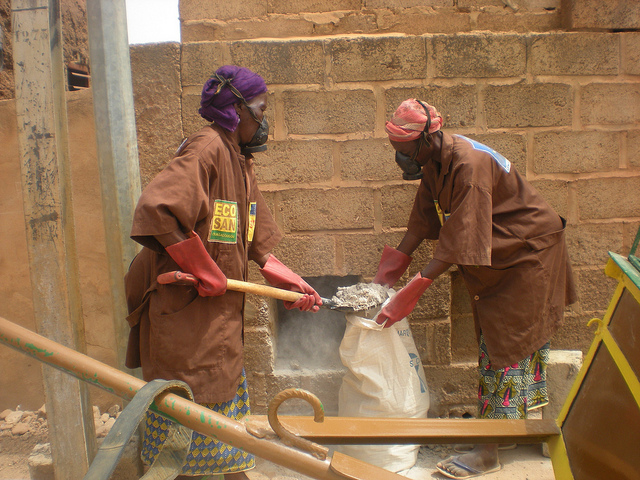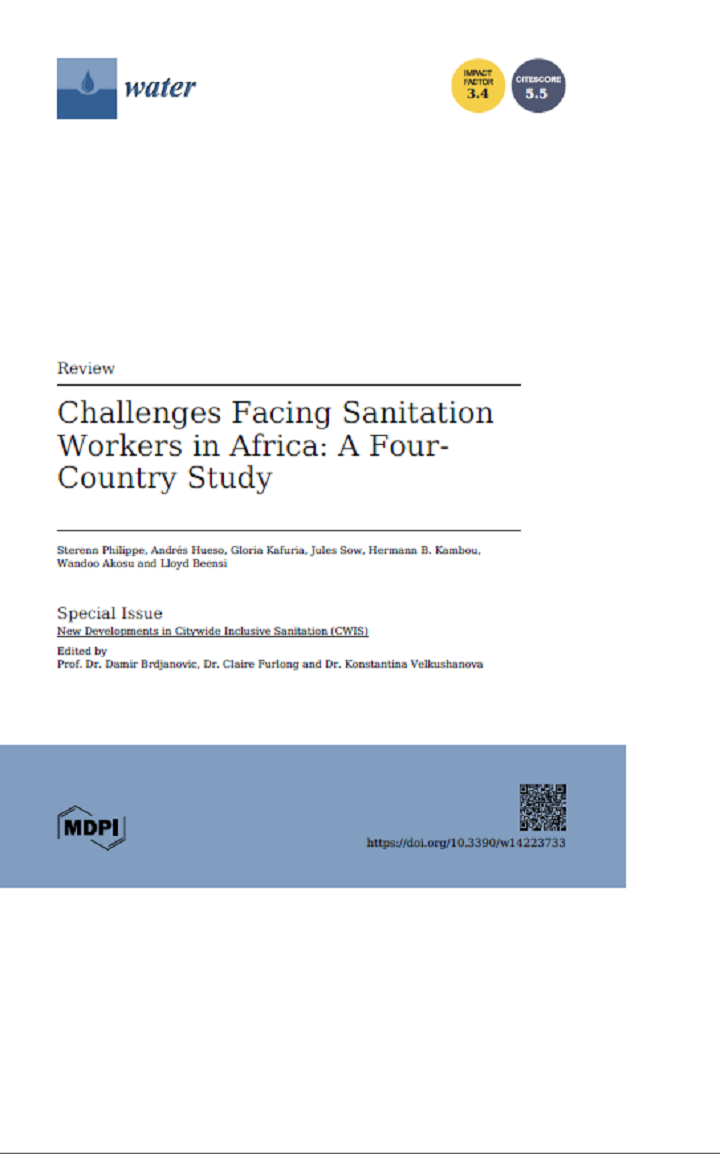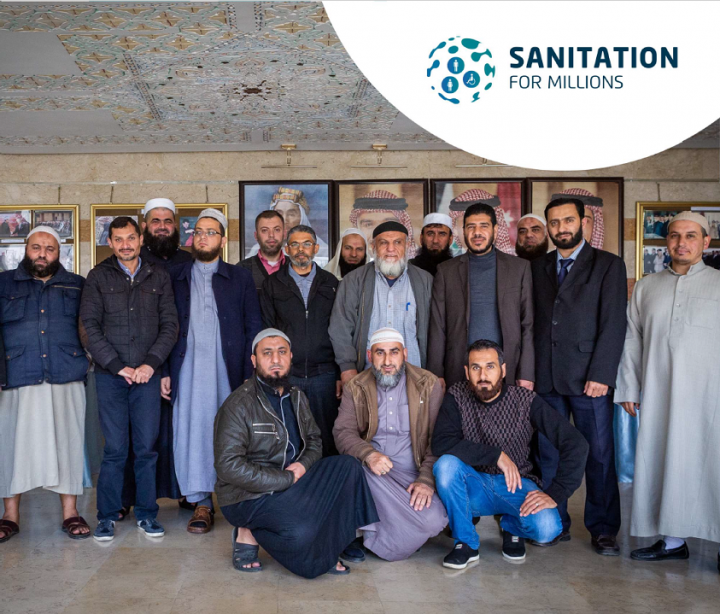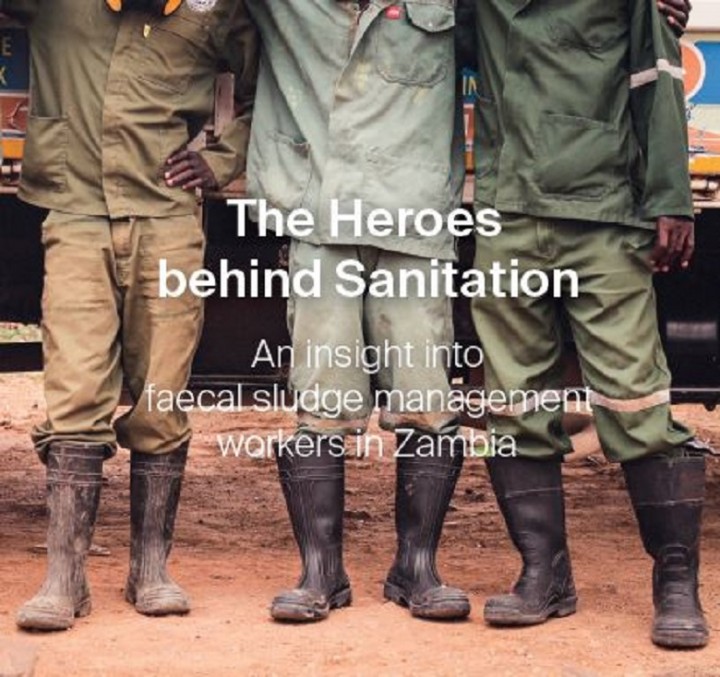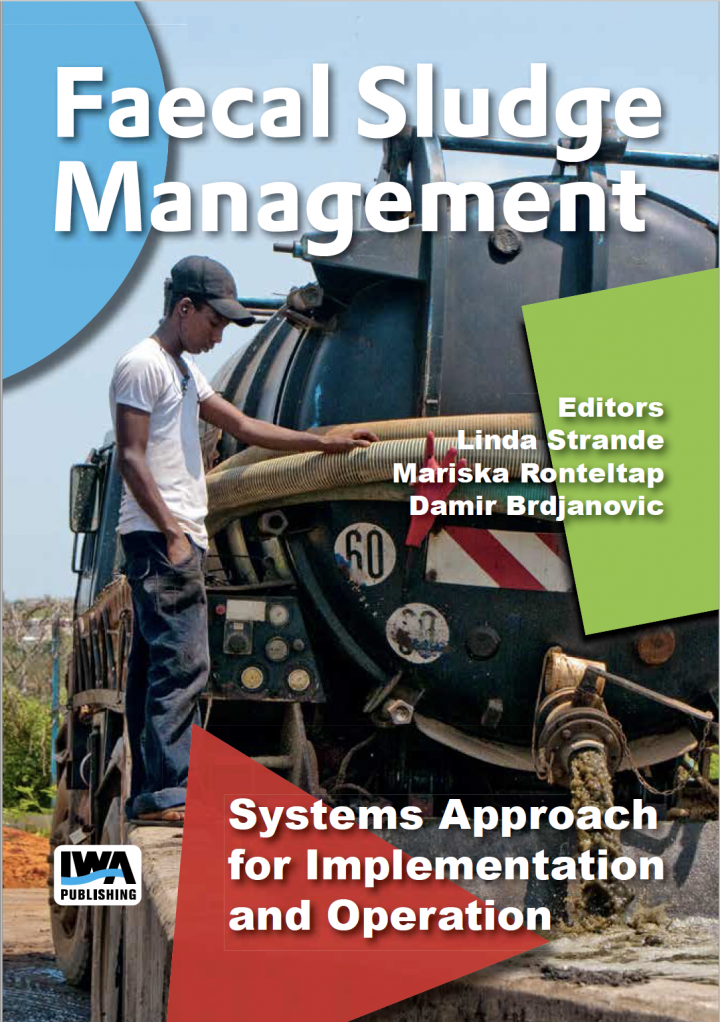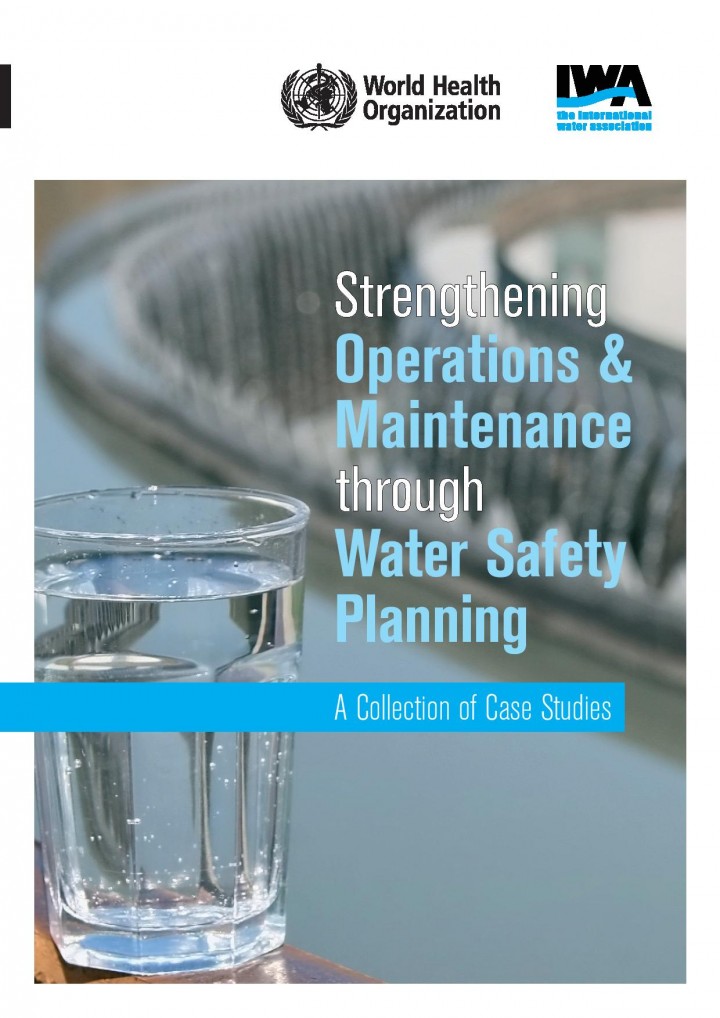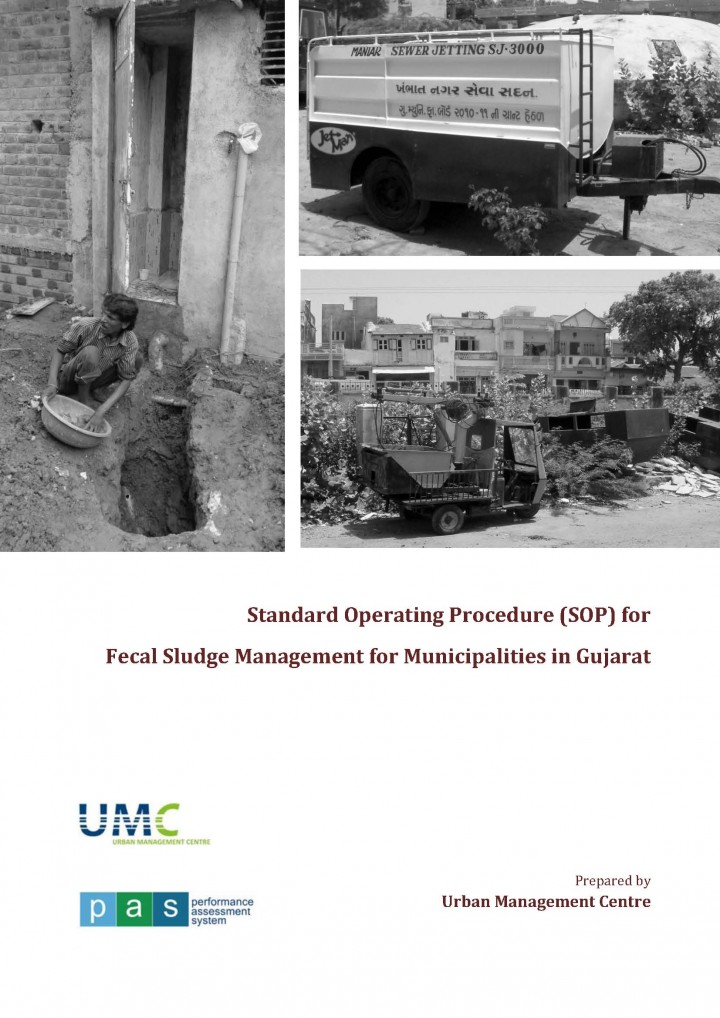Background
Many sanitation projects have failed in the past because they focus primarily on the installation of hardware (e.g. toilets, treatment facilities, etc.) only. Key factors for achieving sustainability include both appropriate sanitation hardware but also suitable operation and maintenance, for all steps in the sanitation chain, i.e. including the collection, transport, treatment and reuse and/or final disposal of the different sanitation products.
Operation and maintenance of sanitation systems has to be considered already in the planning stage including responsibilities, organisational set-up and financial provisions. Owners of the system need to be aware of the necessity and scope of operation and maintenance work. Extra in-depths training sessions might be needed e.g. for composting staff. Experience has shown that sanitation systems are only operated well if the owner has a benefit from the system (e.g. faecal compost, irrigation water, etc.). Treating wastewater only is not beneficial enough for owners to guarantee sustainable long-term operation of the system. Visits to implementation projects after the project ends, more likely result in successful projects and working systems. However, donors are very reluctant to fund such activities.
Activities
- The main task of this working group is to discuss and disseminate relevant information related to best practice examples of operation and maintenance systems for sustainable long-term operation of sanitation systems.
- Basic information on operation and maintenance and best practice examples have been compiled in a factsheet.
Working Group Leads
Working Group Lead
Stefan Reuter
Faecal Sludge Management Alliance (FSMA) •
Working Group Co-Lead
Ajith Edathoot
Research Associate at HafenCity University Hamburg • Germany
Working Group Co-Lead
Bernadette Dzifa Aqbefu
Civil Engineer
Water and Environmental Sanitation •
